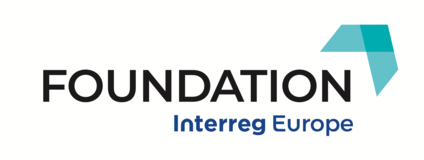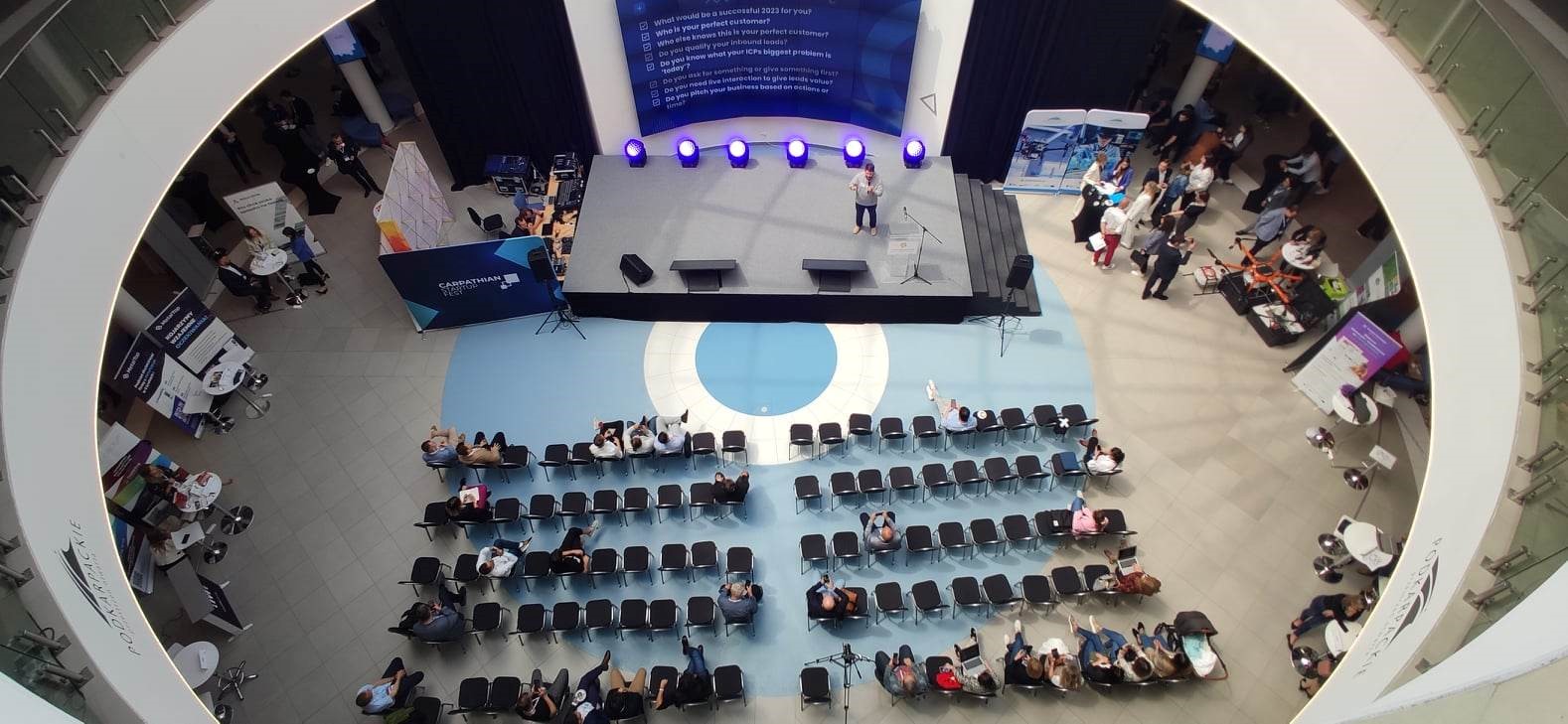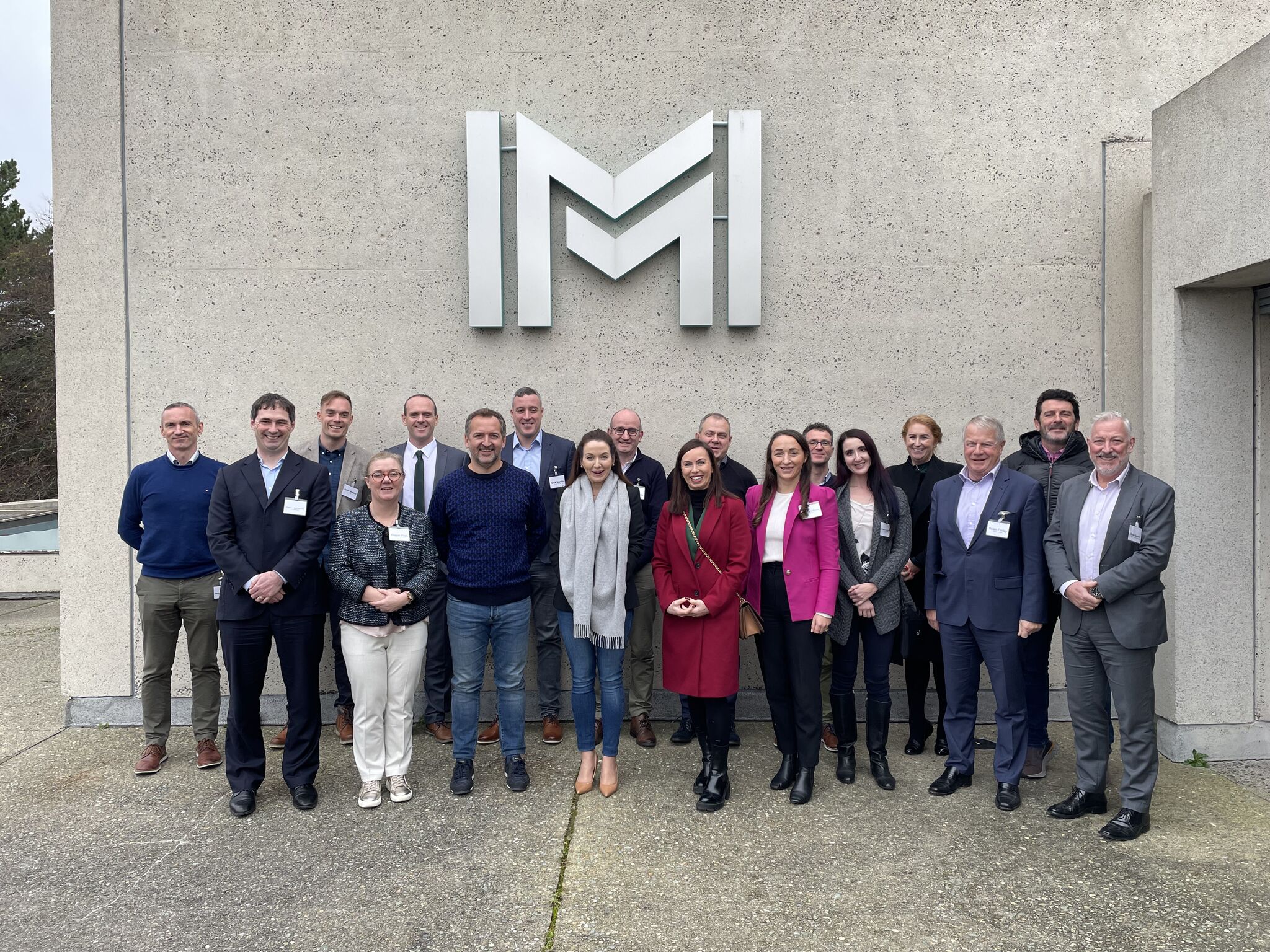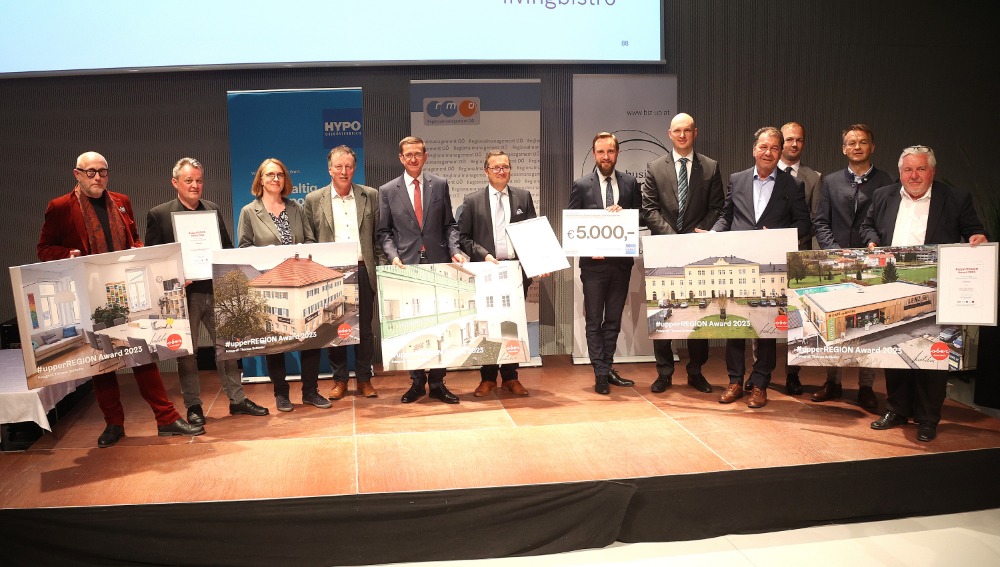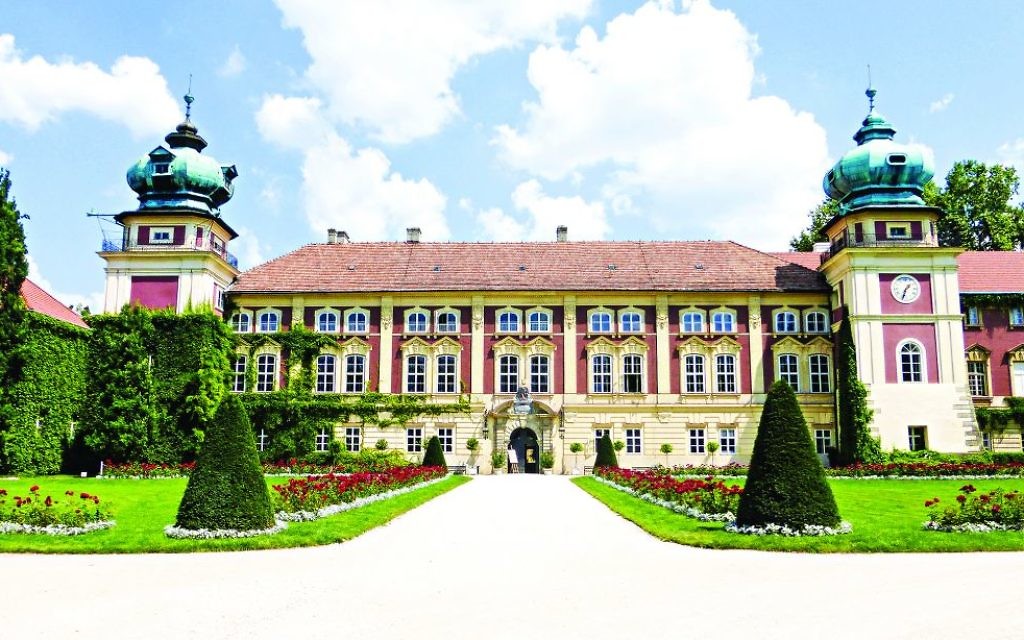The National Recovery and Resilience Plan was published by the government this week. The purpose of this plan is to outline how the government plans to achieve a sustainable, equitable and digital recovery from the economic crisis caused by the Covid19 pandemic. To achieve this the plan outlines 16 investments and 9 reform commitments across three priority areas. The priority areas which the plan focuses on are; advancing the green transition, accelerating and expanding digital reforms and transformation, and social and economic recovery and job creation.
The focus on sustainability and the green transition was welcomed by economist and researcher at Munster Technological University, Barraí Hennebry: “It is extremely positive that the Irish government is committed to the green transition as a key element within the Recovery and Resilience Plan. To tackle the goal of cutting greenhouse gases by 51% by 2030, then there is an urgent need for investment into a more sustainable economy. I believe the recovery is being seen as significant opportunity to refocus the economy towards a more circular economy model, where sustainability is valued as much as growth in productivity.”
Furthermore, Mr Hennebry suggests “the emphasis in the plan on supporting digitalisation of industry is also to be welcomed. As the economy finds its feet again there is a clear need for reskilling and upskilling in the area of Industry 4.0 to benefit from the productivity and competitiveness these technologies can bring. Munster Technological University are currently offering free online training in digitalisation for people interested in upskilling.” Further information regarding the free courses in digitalisation can accessed via the following link: https://www.cit.ie/currentnews?id=1518
The National Recovery and Resilience Plan is a part of the European Union’s NextGenerationEU, which is the EU’s strategy for a shared response to the severe health and economic crisis caused by COVID-19. This strategy is funded by the EU’s €750 billion recovery package. Ireland are due to receive €915 million between 2021 and 2022, with additional support to be distributed in 2023 depending on the economic recovery between now and then.
When discussing the National Plan and the support from Europe, Minister for Public Expenditure and Reform Michael McGrath said: "With an investment of €915 million in the current round of RRF from the EU, the National Recovery and Resilience Plan marks a key milestone in our path to economic recovery from Covid-19. The Plan will enable us to move beyond the pandemic and to invest in the future in key areas such as climate change and a digital transition. It will also help us to mend some of the scarring impacts of the pandemic and help people get back to work.
"The plan closely aligns with both the forthcoming Economic Recovery Plan and the review of the National Development Plan that is currently underway. It will have a particular focus on green and digital transition and social and economic recovery. In a year that has seen us take on the twin challenges of Covid and Brexit, support from Europe is evidence of the solidarity that has been the hallmark of our EU membership over the last five decades. A lot of work has been undertaken behind the scenes to get to this point today. I want to take this opportunity to commend all those who have worked on the Plan and I look forward to engaging further with the European Commission as the Plan moves to the Council of Ministers for final authorisation in the months ahead."
For further information and access to the full plan see: https://www.gov.ie/en/publication/d4939-national-recovery-and-resilience-plan-2021/
